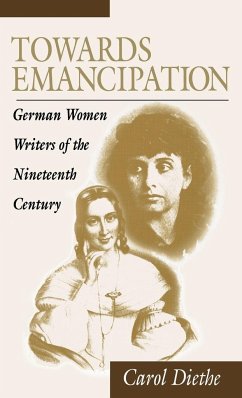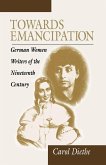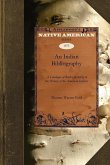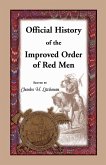No doubt, the feminist movement has come a long way, even though many of its aims have not been realized or, in fact, are still debated by its supporters and critics. It is sobering andinstructive to look back and examine the aspirations, achievements and failures of women of earlier generations, especially in the nineteenth century, on which subsequent generations of women have built. Although Germany has produced some famous and influential women writers and thinkers, no recent study exists that analyzes their work in a systematic way. This book fills the gap by discussing some of the major writers in the nineteenth century, beginning with late-Romantic writers, such as Bettina von Arnim and Johanna Schopenhauer, and goes on to discuss writers who were active in the 1848 Revolution such as Malwida von Meysenbug and Johanna Kinkel. With regard to the idea of emancipation the attitudes of mainstream writers examined range from lukewarm, such as the enormously popular Marie von Ebner-Eschenbach and Gabriele Reuter, to downright hostile, such as Lou Andreas-Salomé and Franziska zu Reventlow. The heart of the book is devoted to the leading proponents of emancipation, HedwigDohm, Helene Böhlau, and the prolific Louise Otto-Peters.
Hinweis: Dieser Artikel kann nur an eine deutsche Lieferadresse ausgeliefert werden.
Hinweis: Dieser Artikel kann nur an eine deutsche Lieferadresse ausgeliefert werden.








